To Oberlin College
.jpg)
The main interest in life and work is to become someone else that you were not in the beginning. If you knew when you began a book what you would say at the end, do you think that you would have the courage to write it? What is true for writing and for a love relationship is true also for life. The game is worthwhile insofar as we dont know what will be the end.
MICHEL FOUCAULT
PREFACE
.jpg)
AT HOME IN THE WORLD
Live-and-let-live over stand-or-die, high spirits over low,... love over charity, irreplaceable over interchangeable, divergence over concurrence, principle over interest, people over principle. MARVIN MUDRICK

Over the past fifty years Ive spent a lot of timesome might say an inordinate amount of timein the company of books. Storytelling has always enchanted me, and early on I found myself reading just about anything that came my way, from Green Lantern comics to the great classics of world literature. My memoir, An Open Book, recounts a young life unexpectedly shaped by this omnivorous and indiscriminate reading. After childhood, though, I ceased being a purely amateur reader, only to become a professional one, first as a graduate student in comparative literature, and since 1978 as a professional reviewer and columnist for the Washington Post Book World.
During these past three decades the Post has kindly allowed me to write about nearly any sort of book that caught my fancy, and my fancy can be quite promiscuousancient classics one week, science fiction and fantasy the next. Despite all these hours of turning pages, I dont view myself as a bookworm, one of those bald-pated Daumier scarecrows peering through bottle-top spectacles at some tattered, leather-bound volume. Theres more to life than reading. Ive also fallen in love and married, spent Saturdays ferrying noisy offspring to soccer games, mowed grass, folded laundry, and suffered my share ol what Shakespeare called the thousand natural shocks that flesh is heir to.
A normal enough life, then. Yet even as a kid back in working-class Lorain, Ohio, I decided that what I wanted most of all was how shall I put this?to feel at home in the world, which meant to know something of the best that has been thought, believed, and created by the great minds of the past and present.
In some ways, that ambition must sound odd, even slightly romantic. But let me explain. About the age of twelve or thirteen, I grew enamored of the story of the Count of Monte Cristo. Suave, cosmopolitan, wealthy, charismatic, the count actually starts life as a naive young sailor named Edmond Dantes, betrayed by those he trusted and imprisoned on the Chateau dlf for a crime he never committed. At first he despairs. But one day he hears a quiet scraping noise coming from inside his cell walltunnelingand in due course meets the learned Abbe Faria, who eventually teaches him everything an accomplished man of the world should know. The young sailor studies, practices, learns, remembers. And so when, after many years, he is finally able to escape and seek a reckoning with those who wronged him, Edmond Dantes has transformed himself into the urbane and accomplished Count of Monte Cristo.
Alexandre Dumass novel remains a great parable about the power of learning and education and calls to mind one of our most fundamental American convictions: that any of us may, through hard work, fashion a new and better life for himself. As Henry David Thoreau long ago observed, If a man advances confidently in the direction of his dreams and endeavors to live the life which he has imagined, he will meet with a success unexpected in common hours.
In childhood and early youth most of us naturally read for escape, pleasure, and inspiration; as young adults we use our school texts to learn a profession or trade; and then as full-fledged grown-ups we add yet another, perhaps deeper purpose to our reading: We turn to books in the hope of better understanding our selves and better engaging with the meaning of our experiences. Let me say, right off, that I believe a work of art is primarily concerned with the creation of beauty, whether through words, colors, shapes, sounds, or movement. But it is impossible to read sejious novels, poetry, essays, and biographies without also growing convinced that they gradually enlarge our minds, refine our spirits, make us more sensitive and understanding. In this way, the humanities encourage the development of our own humanity. I hey are instruments of self-exploration.
For Bonk by Book , Ive set down some of what Ive learned about life from my reading. In its character the result is a florilegium: a bouquet of insightful or provocative quotations from favorite authors, surrounded by some of my own observations, several lists, the occasional anecdote, and a series of mini-essays on as pects of life , love, work, education, art, the self, death. Theres even, occasionally, a bit of out-and-out advice.
Though my emphasis clearly remains on books as life-teachers, readers searching for any definitive answers or gurulike pronouncements wont find them here. Soon enough one learns that there are no straightforward solutions to most of lifes perplexities. Great fiction, in particular, eschews the reductionist and obviously didactic, instead reveling in complication, pointing out options, at most revealing the consequences of one course of action over another. Contradiction, not consistency, second thoughts, rather than dogmatic certitude, lie at the heart of humane understanding, and all those who try to simplify experience usually only succeed in narrowing it. To my mind, life should be complex, packed with questioning, full of misdirection and wasted efforta certain number of mistakes is, after all, the price for living large. Arthur Schnabel remains the nonpareil interpreter of Beethovens piano sonatas, yet he made occasional fumbles in his fingering. But to play such music as it should be played required the pianist to push himself to his limits. Schnabels motto was that of all great souls: Safety last.
As I assembled these pages, my intention was to produce a book that could stand, however sheepishly, on the same shelf as Cyril Connollys The Unquiet Grave , Robertson Daviess A Voice f rom the Attic , and W. H. Audens A Certain World. Above all, I hope the resuit is, to echo the poet Horaces old formula, dulce et utile enjoyable and usefula book to read slowly, to browse in, and return to.
For just this reason you might want to keep a pencil nearby to mark favorite quotations or to scribble in the margins and on the endpapers. These are the sort of pages that demand to be personalized, amplified, and enriched with your own reflections, made uniquely yours. Perhaps Book by Book may even encourage you to start creating a readers guide of your own.
N.B.Some of the authors cited use the generic man or the pronoun he to refer to the totality of humankind. The female half of the population will, I trust, make allowances for this largely outmoded convention.
Quotations are usually identified simply by author; uncredited material is my own.

BOOK BY BOOK
ONE
.jpg)
Next page
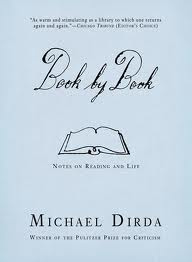
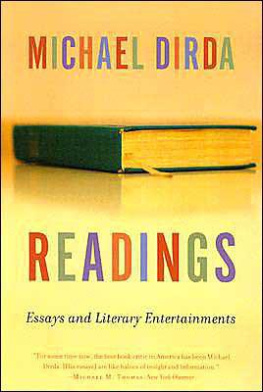
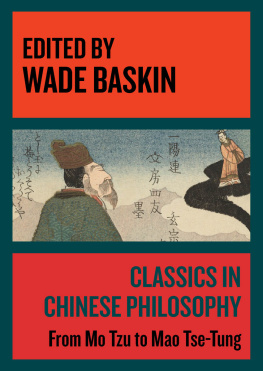
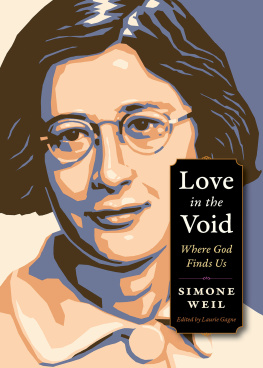

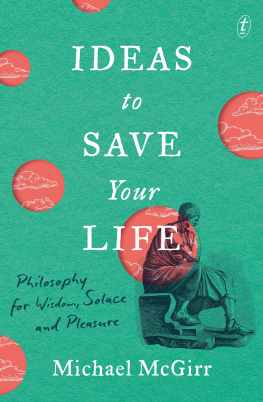
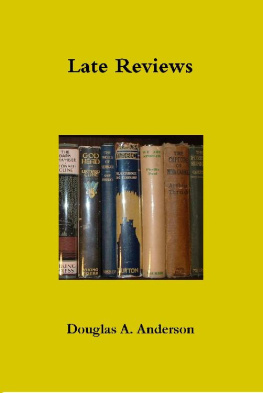
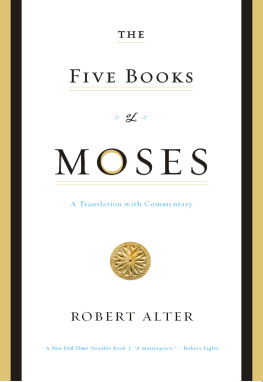
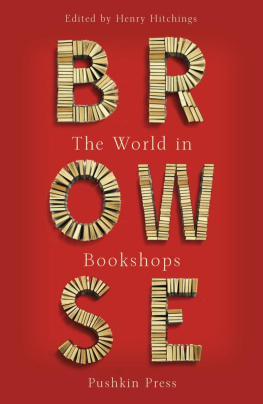

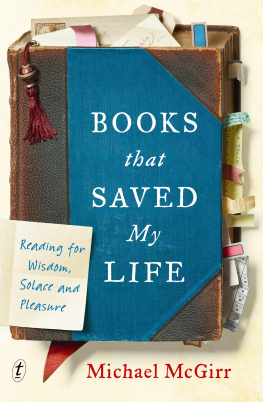
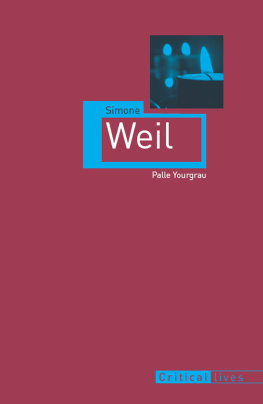
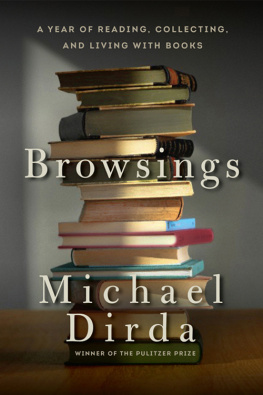
.jpg)
.jpg)


.jpg)